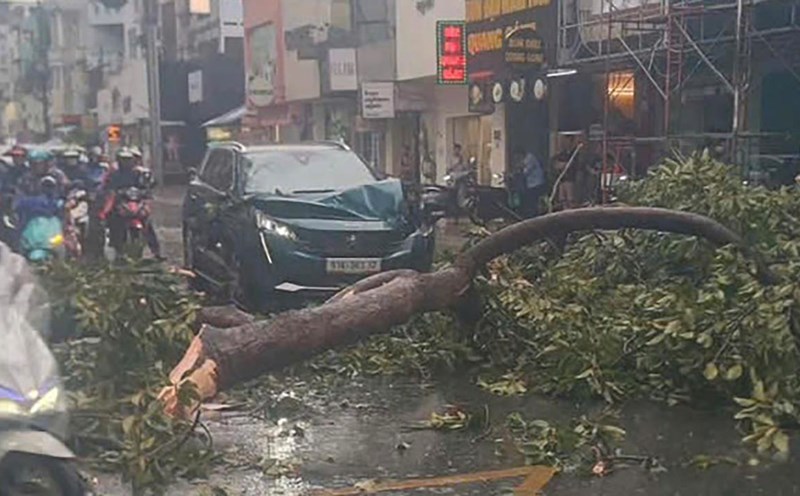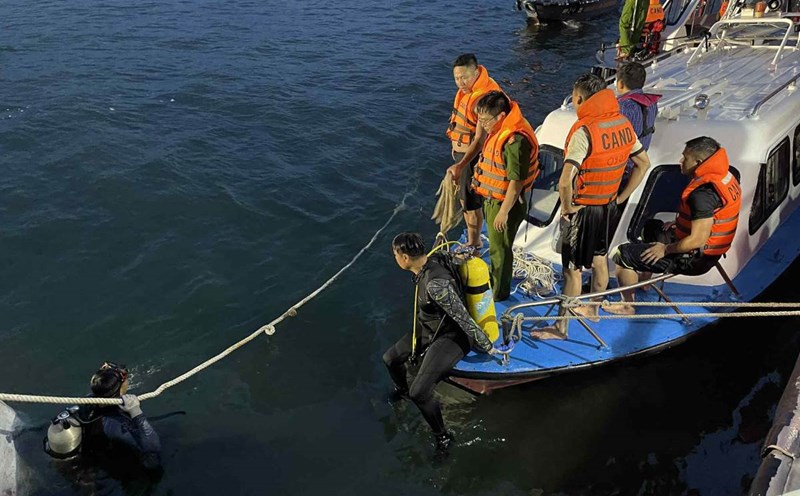In recent times, ministries, ministerial-level agencies, People's Committees of provinces and centrally run cities have made many efforts in implementing the arrangement of administrative units and implementing the 2-level local government organization model.
However, in the first half of July 2025, the development of science, technology, innovation and digital transformation will still face many difficulties and problems arising in the implementation of administrative procedures (AP) affecting the operation of the entire new system.
These problems and difficulties mainly focus on 4 main groups of issues, including institutions, processes and human resources that are lacking or are slow to be revised and perfected...
To promptly remove difficulties, obstacles and bottlenecks in the initial phase of operation of the two-level local government organization model, in Official Dispatch No. 111/CD-TTg, the Prime Minister requested Ministers of ministries and ministerial-level agencies to coordinate with the People's Committees of provinces and centrally-run cities to train and provide professional guidance for local cadres, civil servants and public employees, especially newly delegated administrative procedures and tasks, decentralization and determination of authority.
The Minister of Home Affairs shall preside over and coordinate with ministries, branches and localities to review, assess the current situation and have plans to coordinate and supplement human resources appropriately for the commune level to ensure the implementation of assigned tasks according to Plan No. 02-KH/BCDTW.
For the Chairmen of the People's Committees of provinces and centrally run cities, they are responsible for reviewing and perfecting regulations and rules on management and operation of shared information systems of provinces and cities in accordance with the arrangement of administrative units and implementation of the 2-level local government organization model.
At the same time, review and arrange enough human resources for communes and wards in accordance with the scale and number of records received and resolved, especially for tasks and administrative procedures that have just been decentralized, have been assigned authority or have a large number of records such as: land, household registration, construction, ...;
There are solutions to increase support of provincial-level cadres and civil servants for commune-level cadres, ensuring effective implementation of tasks and administrative procedures, avoiding overload and congestion.
In addition, review, research, and arrange points for receiving and returning administrative procedure settlement results of the Commune-level Public Administration Service Center in accordance with geographical conditions, population management, scale, number of administrative procedure records, etc. to facilitate people; organize the implementation of administrative administrative procedure without administrative boundaries within the provincial level.











